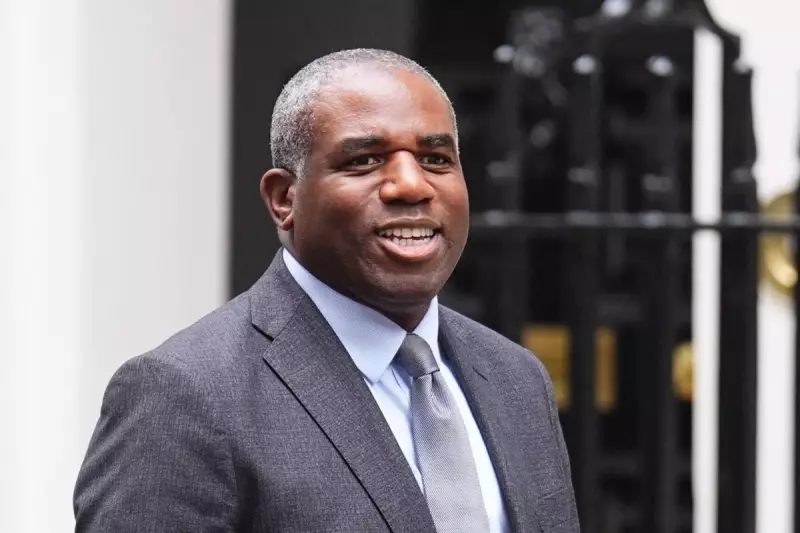
In a significant foreign policy address, Shadow Foreign Secretary David Lammy has issued a powerful call for an immediate ceasefire in the Gaza conflict, directly challenging the UK government's current stance.
Lammy accused ministers of being "far too slow" and failing to exert meaningful pressure on the Israeli government to protect civilian lives. His comments mark a clear divergence from the official government position and set the stage for a major political debate on the UK's role in the Middle East.
A Shift in Diplomatic Pressure
The Labour frontbencher emphasised the urgent need for a sustainable ceasefire that would allow for a crucial surge in humanitarian aid into Gaza. He argued that the current approach has been insufficient in addressing the growing humanitarian catastrophe unfolding in the region.
Lammy's statement comes amid intensifying international concern over the rising death toll and widespread destruction in Gaza, with UK diplomats and aid agencies reporting increasingly dire conditions on the ground.
The Path to Long-Term Peace
Beyond the immediate ceasefire, Lammy outlined a vision for lasting peace in the region. He passionately advocated for the recognition of a Palestinian state as part of a renewed effort towards a genuine two-state solution.
"The recognition of a Palestinian state cannot be a moment at the end of a process, it has to be part of the process," Lammy stated, positioning this move as essential for building momentum toward sustainable peace negotiations.
Government Response and Political Implications
The Foreign Office has maintained its position that while it supports "ceasefires which are sustainable", Israel maintains the right to defend itself against Hamas. This sets up a clear political dividing line between the government and opposition on one of the most pressing international issues.
Lammy's intervention signals how a potential future Labour government would approach the conflict, placing greater emphasis on diplomatic pressure and earlier recognition of Palestinian statehood as tools for conflict resolution.
The growing pressure from senior political figures reflects deepening concern within Westminster about the UK's positioning on the Gaza conflict and its implications for both regional stability and Britain's international standing.





